- Learning time
- 40 minutes
- First play time
- 150 minutes
Tikal
Designed by: Michael Kiesling,Wolfgang Kramer
Tikal is an exploring game, where the players hack their way through the jungle, uncovering temples as they go.
The board begins as an uncharted jungle, with the players accessing it from one corner. Overlaid the jungle is a grid of hexes: at the start of your turn you’ll take a cardboard hex at random from the stack, turn it over and place it on the board. These hexes represent area you’ve cut down to explore, so have to expand outwards from the starting area. Traveling around the hexes are your expedition members – represented by small wooden pieces, with a slightly larger expedition leader.
You now have ten action points to spend. Your action points can be used to travel (moving between hexes always costs at least one point, and can be as much as four), to add new members to your expedition, and to set up camps (new members can then be added at your campsites, rather than having to traipse their way across the board). But obviously your expedition members have a goal too – they’re not just here to camp.
Certain hexes reveal treasures and others reveal temples. And when these appear, your expedition members can use action points to excavate them. Treasures give you points during scoring (more on scoring below), and come in a variety of types. Collecting a lot of the same type is a more rewarding strategy than having a bunch of different ones – and there is the potential for single treasures to be swapped between players, whether they like it or not. That’s another thing action points can do.
Temples are slightly trickier. They can still be excavated and doing so uncovers further levels – these are added to the board as the temple is excavated, by possibly more than one player. It’s possible to put a guard on the temple and secure the points it represents (more levels: more points) for yourself, but you need to have the most expedition members on the hex in order to do this (leaders count as three standard members) and importantly, when one of your members hops onto the temple to claim it as your own, any others you have present on the hex go out of the game permanently. Now the temple is guarded, you can no longer excavate further levels… an expensive move, but a potentially rewarding one.
Some hexes contain volcanoes, and these prompt a scoring round. At this point all players will take a turn, and score points for all the temples they either own (i.e. have a guard on) or have the most expedition members present on the hex the temple is in. They also score for their treasure. After everyone has taken a turn, the volcano tile is placed and play continues. This continues until all tiles have been placed (including three volcanoes in total = three scoring rounds) at which point there is a final scoring round, and the game ends.
The guru's verdict
-
Take That!
Take That!
You might envision archeologists as brush-wielding intellectuals, but no: they're a feisty lot. And you can definitely put the kibosh on each other's plans here, with shrewd placement of the hexes, combative expedition movement and nabbing each others treasures. Scoring rounds can be particularly interesting!
-
Fidget Factor!
Fidget Factor!
Tikal can be played at a reasonable rate early in the game, but there will always be times when someone needs to pause and work out what the best way to spend their ten action points is. Best played with people who don't mind the odd lull.
-
Brain Burn!
Brain Burn!
See above! Do you try and bring in more members and get a big presence on the board? Do you try and grab treasures? Or maybe you should say dang it all and put a guard on that Temple. Factor in the other players messing with your plans, and it's fair to say there's some brain-burn here.
-
Again Again!
Again Again!
Hexes are random, plans are scuppered, tactics change... despite it's comparatively venerable age, Tikal is still being played by those who enjoy a bit of a ding-dong with their explorations.

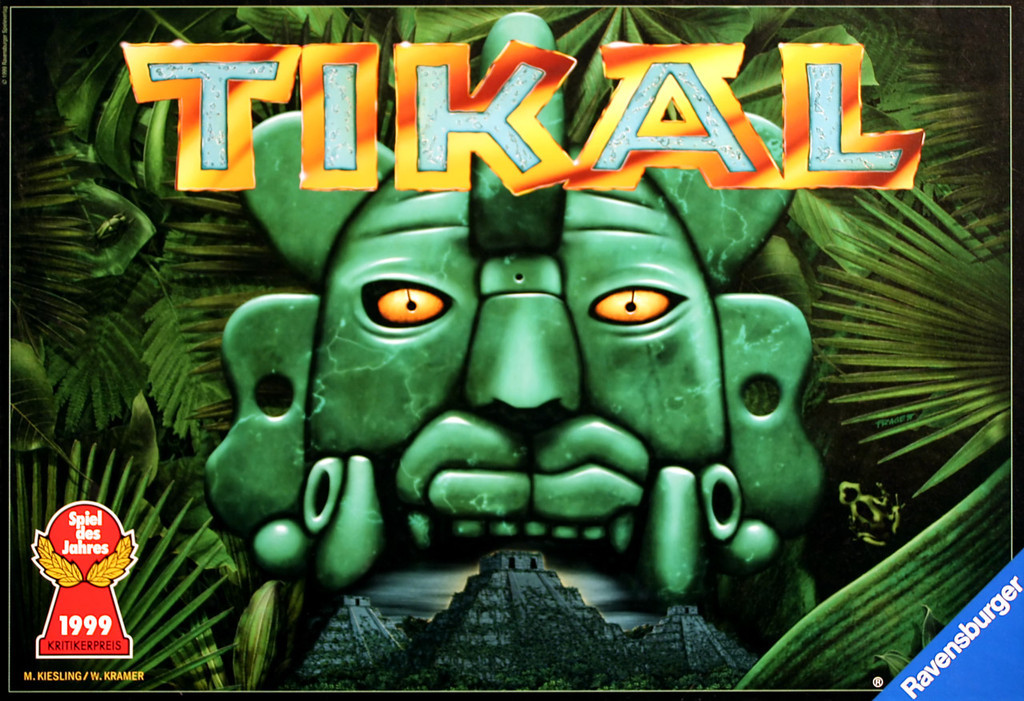
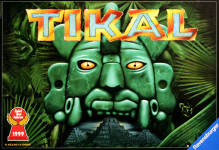
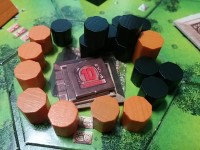
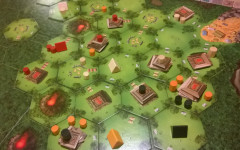
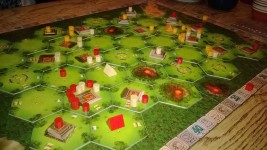
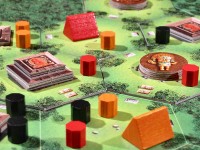
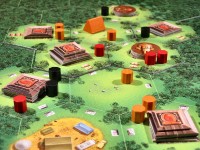

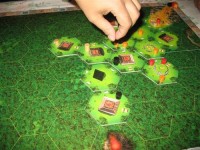


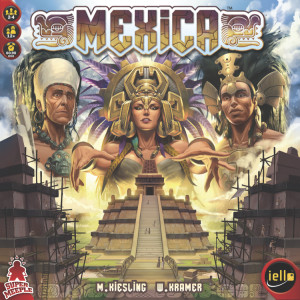
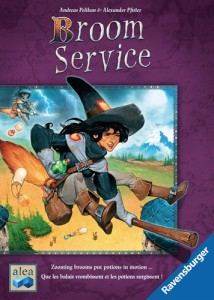
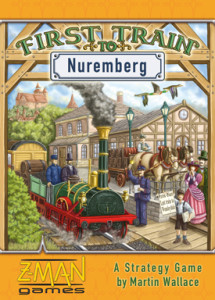
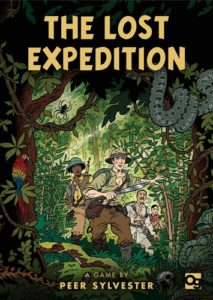
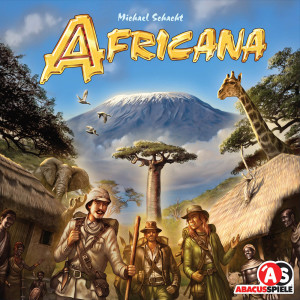
Sam says
Utilizing those action points (ten!) with clever opponents using spoiling tactics on you can make for a tense experience. That's not a shortcoming of the game, though - just to say it's more of a challenge than it appears, and only a family game in the sense that Monopoly is - you're out to screw each other over.